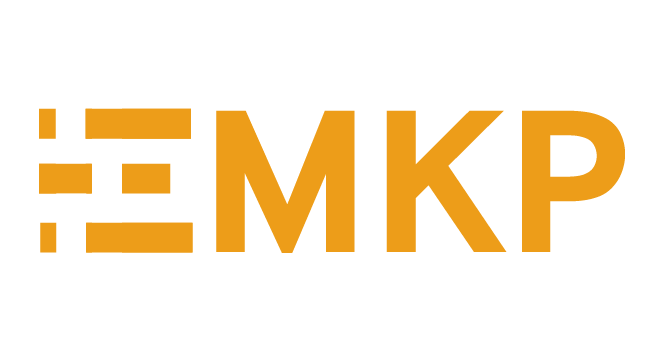This project aims to document textile production and use in Souss-Massa, southern Morocco, where women have long produced textiles for both domestic consumption and the market. This documentation will be generated in collaboration with the practitioners of two NGOs and several rural communities. Souss-Massa is characterised by an heterogenous population of oasis agriculturalists and mountain pastoralists (Berber, Arab, Jewish, Black native people and ex-slaves) who have traded with desert pastoralists for centuries. This ethnic and cultural heterogeneity is reflected in the variety of textile techniques (weaving, braiding, embroidery) and materials (wool, goat hair, vegetal fibres) women use. Yet, this knowledge and the spiritual and social values associated with textiles have not been thoroughly documented and are today endangered by processes of modernisation.
The second aim, through the co-construction of documentation with communities, is to raise their awareness about the value of their heritage. Methodology includes technical observation, in depth-interviews and recording of practitioners making endangered textiles; photo-elicitation and reconstruction of textiles no longer made or used; inventory of textile terminology and verbal data. These digital assets, consisting of written reports, photographs, audio and video recordings will be made available through the EMKP Digital Repository and several Souss-Massa museums, including in Tiznit and Tata.
In terms of museography, these assets will serve to renew the interpretation of textiles in museums. Academically this project aims to advance our understanding of the history of textiles in the region and beyond.
PI:
Dr Myriem Naji, Research Fellow, University College London, Anthropology Department
Collaborators:
Mohamed Mouskite
Location of Research:
Souss-Massa, Morocco
Host Institution:
University College London
